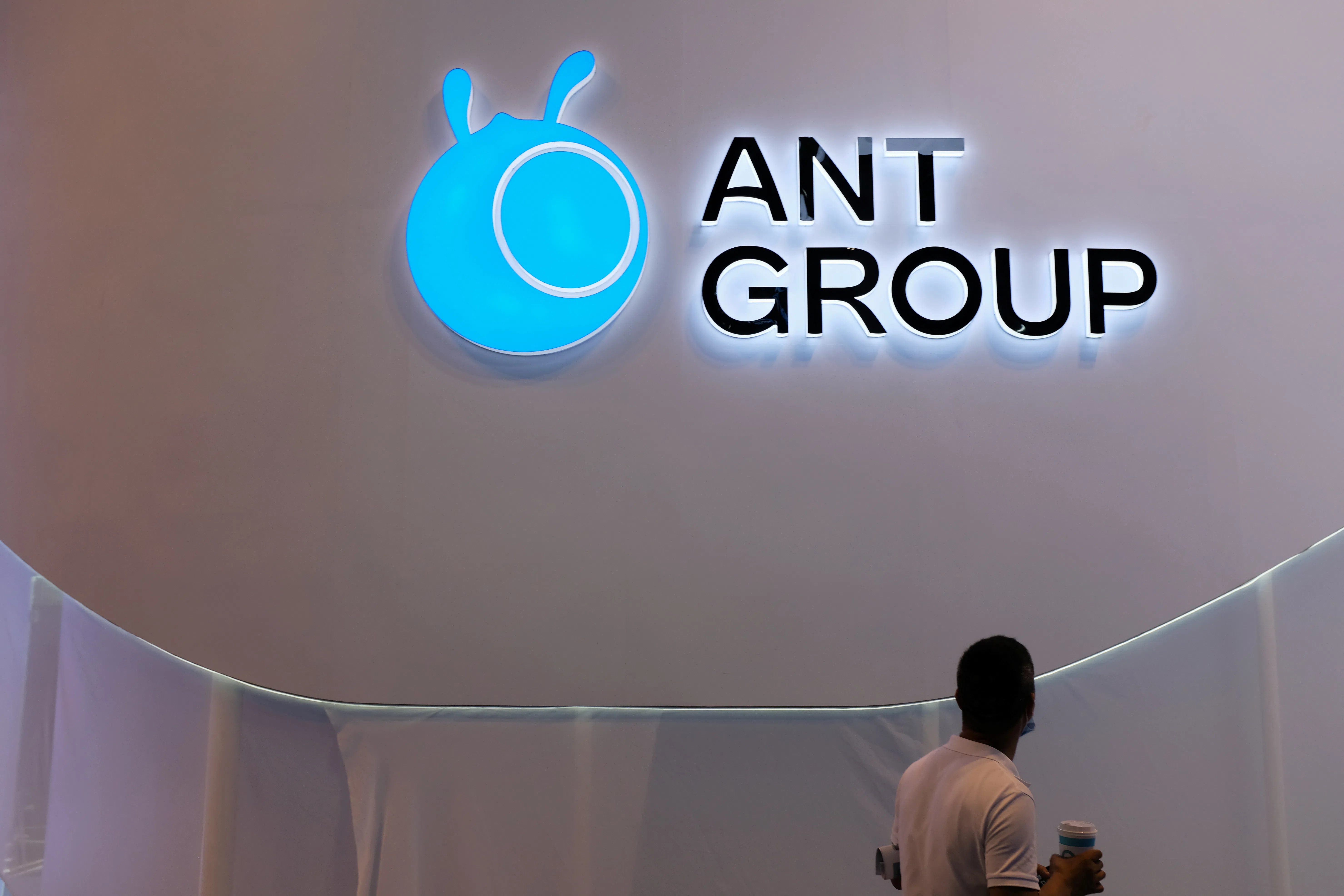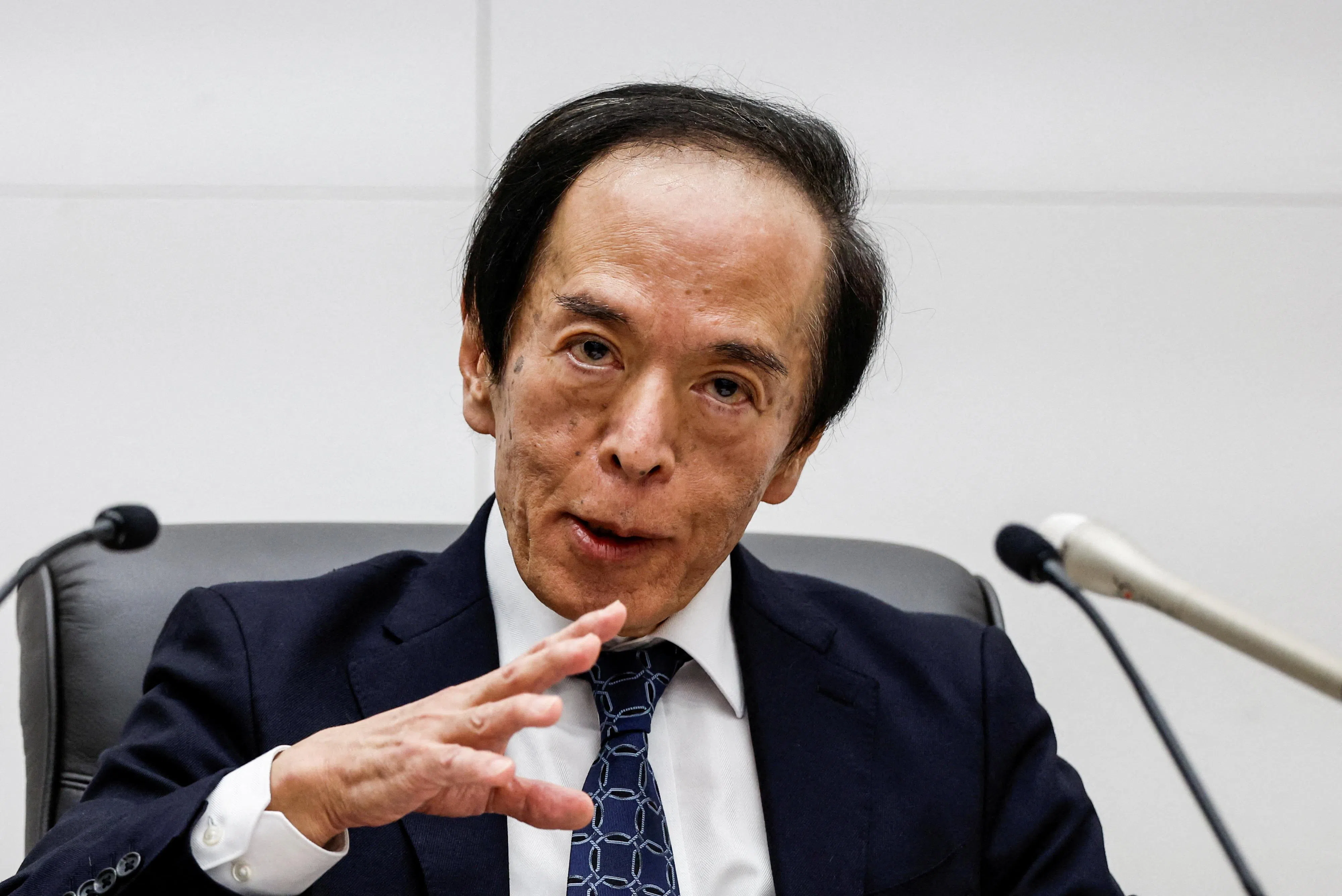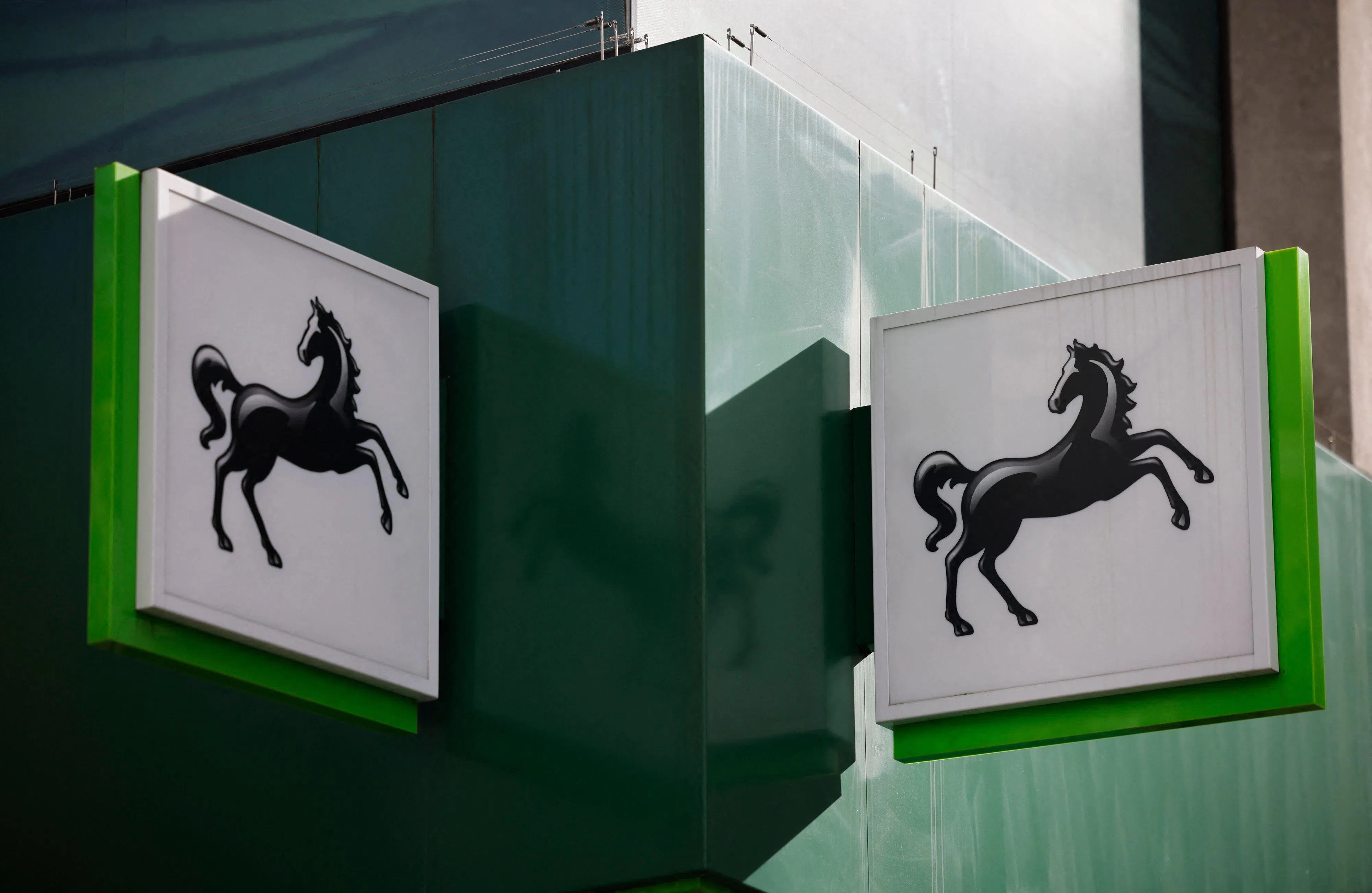Jack Ma-backed Ant Group is refinancing an offshore credit line that will reach US$6.5 billion, as it expands its global operations, according to people familiar with the matter.
The Chinese company plans to allocate US$1.5 billion of the borrowing quota for its overseas arm Ant International, the people said, asking not to be identified because the matter is private. Ant said in an emailed statement that the company is refinancing an existing syndicated bank credit line from 2019.
Ant has been expanding its global operations to offset slowing growth at home. In March, it set up independent boards for its international, database and digital technologies units to pave the way for future spinoffs.
The fintech firm has been building out its Alipay+ international payments network across South-east Asia and has rolled out a package of AI services.
How Ant’s AI initiatives perform will affect investors’ perception of its growth prospects. The results will also help to determine whether the company can still be regarded as more “tech” than “fin,” after the government signalled intentions to regulate it like a bank.
More than three years ago, Chinese authorities abruptly halted Ant’s IPO, which would have been the world’s largest, and forced the company to overhaul its business model to comply with financial regulations. The Hangzhou-based company has restructured its units, and its profit fell 10 per cent to 3.9 billion yuan (S$714.6 million) in the March 2024 quarter.
Ant had an unrestricted and unutilised syndicated credit facility of about US$5.5 billion that was granted in 2019, the company said in its 2020 prospectus.
The group’s new initiatives could boost its earnings back to a level of 30 billion to 31 billion yuan seen in 2022, Bloomberg Intelligence analysts Francis Chan and Sharnie Wong wrote in a Sept 9 note. The company is expected to bounce back with double-digit profit growth this year and next, they added.
In 2023, Ant repurchased some of its shares from investors at prices implying a US$78.5 billion valuation, more than 70 per cent lower than the US$280 billion that the company would have been worth had its 2020 IPO been successful. BLOOMBERG







